Gas Bubble Disease in Fish: Treatment and Prevention
Updated on 05/27/24
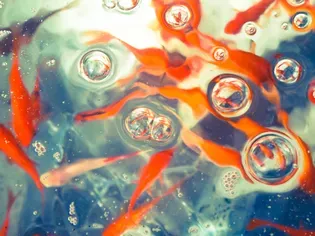
Unveiling the Plight of Fish: A Comprehensive Guide to Gas Bubble Disease in Fish
Understanding Gas Bubble Disease (GBD)
Gas bubble disease (GBD), also known as decompression sickness, is a prevalent affliction that affects fish. It arises when excess gas bubbles form within the fish's tissues, including their blood, organs, and eyes. These bubbles disrupt the fish's normal physiological processes, leading to a range of adverse effects.
Pathophysiology of GBD
The primary cause of GBD is a sudden reduction in external hydrostatic pressure. This can occur during rapid decompression, such as when fish are brought to the surface from deep water after scuba diving or fishing. As the surrounding water pressure decreases, the dissolved gas in the fish's bloodstream expands, forming bubbles.
Factors that increase the risk of GBD include:
* Rapid ascent from deep water
* High levels of dissolved gas in the water
* Pre-existing injuries or infections
* Certain fish species, such as salmonids (e.g., trout, salmon)
Clinical Signs of GBD
GBD can manifest in various clinical signs, depending on the severity of the condition. These signs may include:
* External gas bubbles: Visible bubbles under the skin, eyes, or fins
* Exophthalmia (bulging eyes): Due to pressure buildup behind the eyes
* Gill damage: Bubbles can obstruct the delicate gill filaments
* Ascites (abdominal distension): Fluid accumulation caused by impaired fluid exchange
* Neurological signs: Loss of equilibrium, disorientation, or seizures
* Mortality: In severe cases, GBD can lead to death
Treatment of GBD
Treatment for GBD aims to reduce the number and size of gas bubbles within the fish. This can be achieved through:
* Slow decompression: Gradually returning the fish to deeper water to reduce the pressure differential
* Oxygen therapy: Exposing the fish to pure oxygen to help dissolve and absorb the bubbles
* Hyperbaric chamber: Placing the fish in a chamber pressurized with oxygen to increase gas absorption
* Surgery: In rare cases, surgical removal of large gas bubbles may be necessary
Prevention of GBD
Preventing GBD is crucial for ensuring the health and well-being of fish. Recommended preventive measures include:
* Controlled decompression: When bringing fish to the surface, follow recommended decompression schedules to avoid rapid pressure changes
* Monitoring water quality: Maintaining optimal dissolved gas levels in the water
* Acclimatization: Gradually introducing fish to different water depths or temperatures to minimize stress
* Proper handling: Using appropriate techniques to avoid injuries or stress to the fish
* Species selection: Choosing fish species less susceptible to GBD for specific water conditions
Case Examples
To illustrate the impact and challenges of GBD, consider these real-world examples:
* Recreational fishing: Anglers often encounter GBD when fishing in deep waters. Rapid reels or improper release practices can subject fish to sudden pressure changes, leading to the formation of gas bubbles.
* Aquaculture: In fish farms, GBD can occur during stressful events such as handling, grading, or transportation. Overcrowding or poor water quality can also contribute to the development of GBD.
Conclusion
Gas bubble disease is a serious condition that can significantly impact the health and survival of fish. By understanding the causes, clinical signs, and treatment options, we can take proactive measures to prevent and manage GBD. Implementing recommended practices and raising awareness among anglers and aquaculture professionals is essential for safeguarding the well-being of our precious aquatic resources.
Explore More Pets
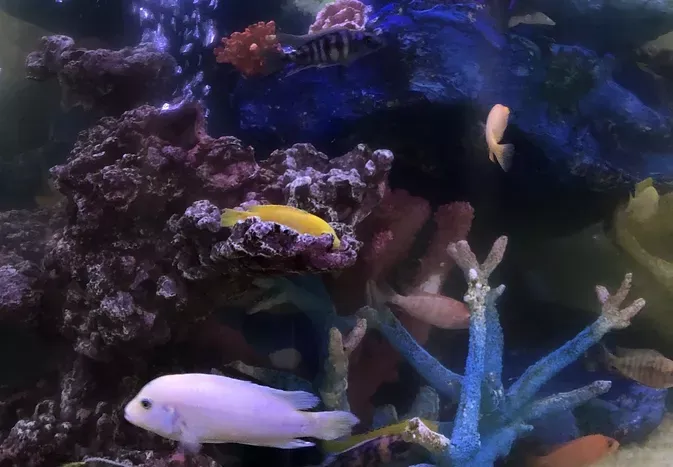
Freshwater Aquarium Filters
How to Deal With Cloudy Aquarium Water
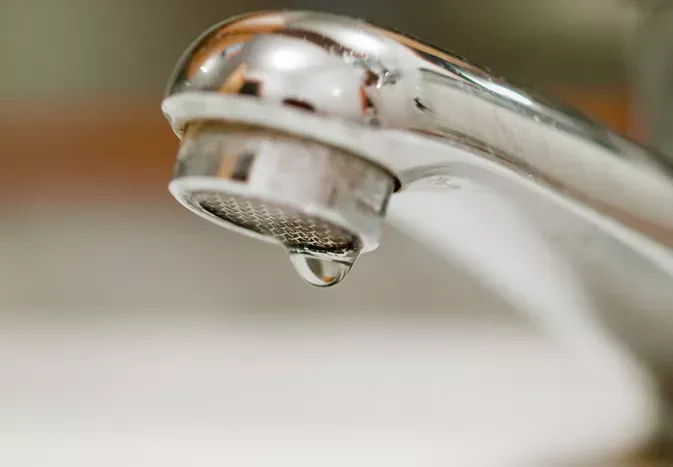
Saltwater Aquarium Filters
How Do You Remove Chloramines From Tap Water?
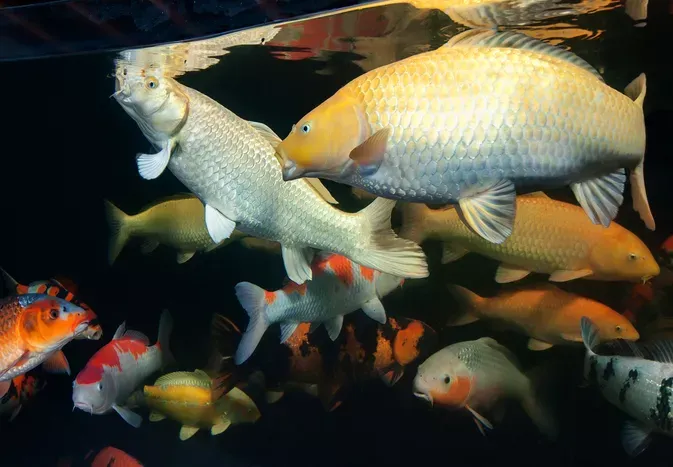
Freshwater Aquariums & Habitat
Can I Keep My Koi Fish Inside?
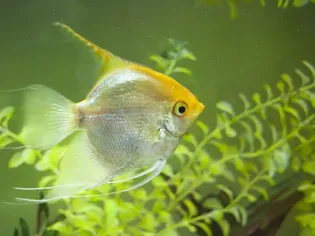
Saltwater Aquariums & Habitat
14 Best Floating Plants for Your Aquarium
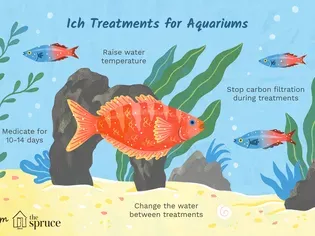
Freshwater Fish Health
How to Treat Ich on Freshwater Fish
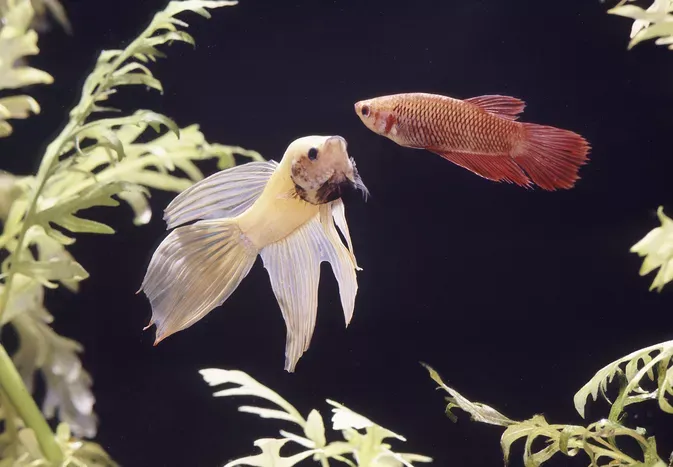
Saltwater Fish Health
Fin Rot in Aquarium Fish
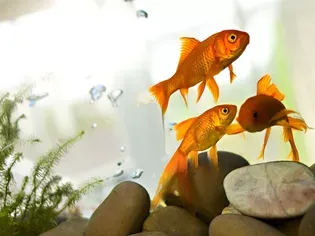
Freshwater Aquarium Filters
How to Do Aquarium Water Changes
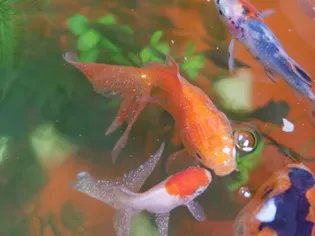
Saltwater Fish Health
How Do Fish Get Parasites?
